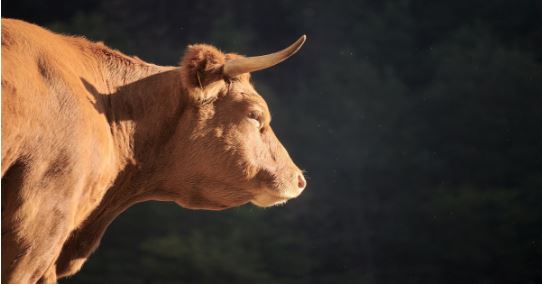Regenerative Grazing: Addressing the Colonial Roots of Cattle Ranching

April 28, 2022 4:00 PM -
April 28, 2022 5:00 PM
Online Event
The introduction of cows to the Americas brought colonialist legacies that changed the relationship of people to land. As we continue our webinar series about food, farming and the impacts of cows, we dive deeper into the history of how cattle grazing has affected the ways land was imagined, understood and used.
Today regenerative practices are offered as options to heal the injustices and damaging agricultural practices of the past. This panel will discuss how we got here — how cows advanced colonial projects and capitalist economies and drove the loss of Native lives, livelihoods and culture. To transform food systems, we need food justice, land equity, restoration of traditions, and challenges to power — along with environmentally responsible practices.
In this conversation, panelists will discuss both the past and the future, including pathways to revive knowledge and food practices that are more in line with healthy communities and living landscapes.
Speakers:
- Dr. Linda Alvarez studies violence, migration, comparative politics, and the ways marginalized groups resist dominant structures of power. She holds a Ph.D. in political science and an M.S. in international relations from Claremont Graduate University, along with an M.A. in Latin American studies from California State University, Los Angeles.
- Dr. Liz Carlisle is the author of the new book Healing Grounds: Climate, Justice, and the Deep Roots of Regenerative Farming (2022). She is an assistant professor in environmental studies at the University of California, Santa Barbara. She has written several books about regenerative farming and agroecology and frequently writes about food and farm policy. She holds a Ph.D. in geography from the University of California, Berkeley.
- Dr. Rosa Ficek is a cultural anthropologist at the Institute of Interdisciplinary Research at the University of Puerto Rico at Cayley. Her work addresses technology, empire and the environment in Latin America and the Caribbean — including her article “Cows, Capital, Colonization,” which sparked this panel. She holds a Ph.D. in cultural anthropology with an emphasis in Latin America studies from the University of California, Santa Cruz.
